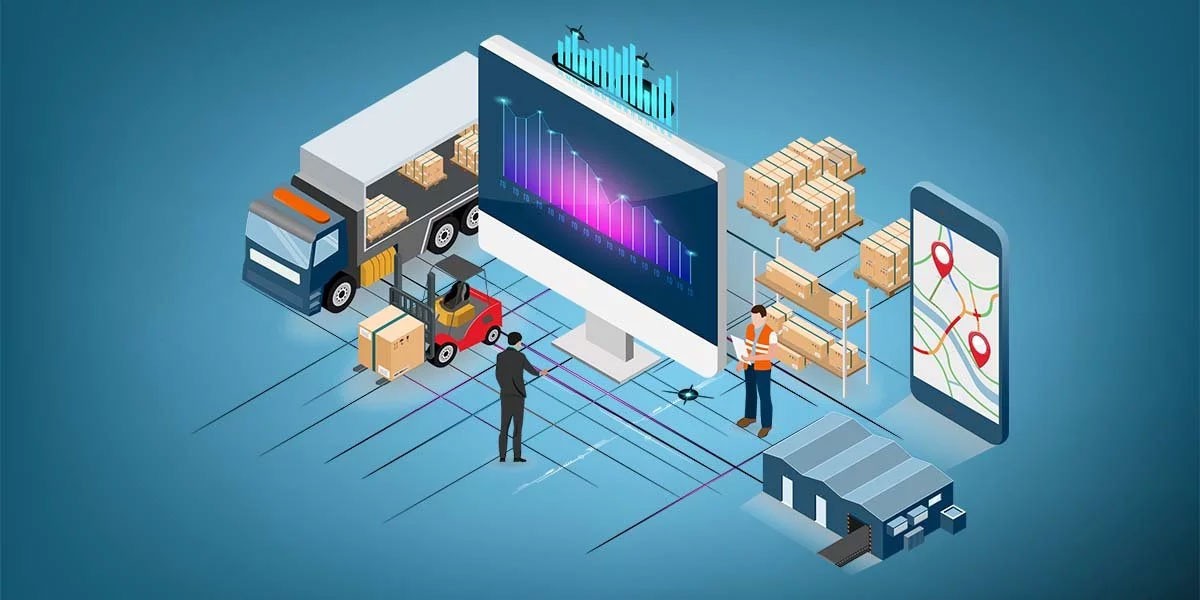Technology is a big part of how efficient and successful foreign freight handling operations are in a world where procedures are always changing. The way things are moved across countries has modified a lot because of advances in technology. These technologies have sped up processes and made communication and awareness better.
Enhanced Efficiency and Automation
International freight forwarding companies can now simplify and improve many parts of their work thanks to technology. Modern software and automation tools make it easier to keep track of paperwork, clear customs, and record shipments. This cuts down on mistakes made by hand and boosts operating efficiency. Automated systems also make it easier to make decisions and act quickly, which makes sure that things move more smoothly.
Improved Transparency and Visibility
One of the most important things that technology has done for foreign freight handling is to make the whole supply chain more visible and clearer. Real-time tracking systems, GPS-enabled devices, and cloud-based tools give everyone involved accurate and up-to-date information on where and how packages are doing. This better insight makes it easier to keep track of supplies, solve problems before they happen, and provide better customer service.
Enhanced Communication and Collaboration
Technology has changed how people in the foreign freight handling business talk to each other and work together. Shippers, haulers, customs officials, and other parties can easily talk to each other using digital platforms and communication tools. Cloud-based communication tools let people share data and documents in real-time and work together to plan and carry out shipments, which makes things run more smoothly and efficiently.
Predictive Analytics and Data-driven Insights
With the rise of big data analytics and prediction analytics, foreign freight moving businesses can now make smart choices based on findings from data. Freight forwarders can better predict demand, find the best paths, and lower risks by looking at past data, market trends, and outside factors. Predictive analytics also lets you solve problems ahead of time and plan for what might go wrong, which reduces disruptions and delays.
Adaptation to Market Trends and Customer Demands
Technology helps foreign freight-moving businesses adjust to new customer needs and changing market trends. Digital platforms and e-commerce solutions have changed how people act and what they expect, which has led to the need for faster and more flexible shipping choices. With the technology’s help, freight forwarders can offer extra services like last-mile transport, storage solutions, and supply chain insights that meet their customers’ changing needs.
How Does the War in Israel Affect Logistics and Freight Forwarding Worldwide?
The current fighting in Israel has had big effects on foreign shipping and operations around the world. Because of the way global issues affect trade lines and supply chains, foreign freight handling companies need to rely on technology to get through these problems. Freight forwarders can change to changing situations, lower risks, and make sure things are delivered on time even when there is political unrest around the world by using real-time tracking, communication tools, and data-driven insights.
Closing Remarks
Technology has changed the way foreign freight handling is done by streamlining processes, making information more visible, and letting companies be flexible and quicker to respond to changes.
As the international forwarding business changes, freight forwarders need to use technology to stay competitive, meet customer needs, and deal with complicated global situations. International freight-moving businesses can improve operations, provide better service, and spur growth in the fast-paced global shipping sector by adopting new technologies.







